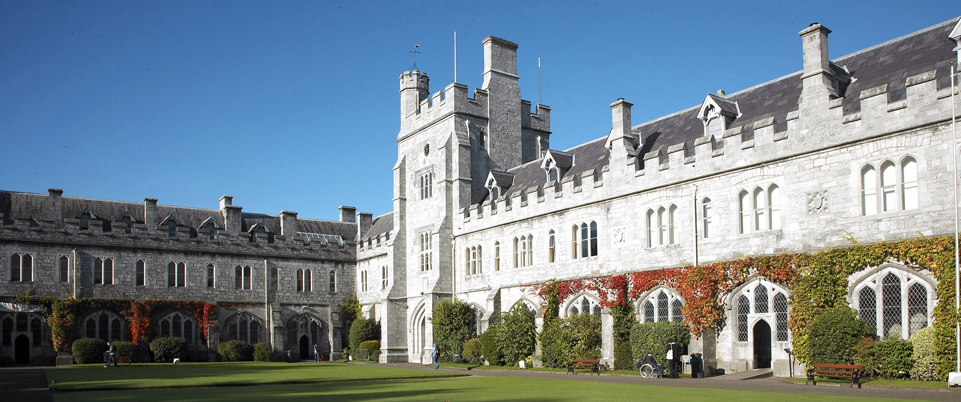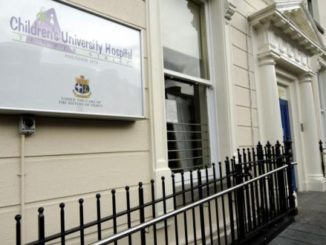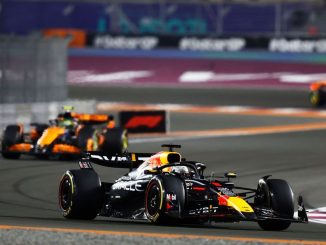
[dropcap]Travelling[/dropcap] and transportation is such an innate part of our day but not everybody has the luxury of travelling where they want and when they want. The roads in Palestine are organised in a way that segregates Palestinian civilians from Israeli civilians. There are certain roads that are restricted to Israelis and other roads that are restricted to Palestinians.
The roads that Palestinians are obliged to drive on are littered with check points. In the West bank alone there are 27 permanent staffed checkpoints. It elongates the journey to such a degree that it could have a six-fold increase on the amount of time spent travelling. The cars from Israel have yellow plates while the cars from Palestine have green and white plates. This is so the distinction between the two is irrefutable.
Dr. Paola Rivetti a lecturer in DCU was in a car with her friends travelling from Bethlehem to Jerusalem on one of her trips to Palestine. They had yellow plates on their car and so it only took them about an hour to arrive at Jerusalem because they could drive wherever they wanted to.
However, her other group of friends were in a car that had Palestinian plates. They had to take a different route and it took them 24 hours to get to the same destination. They got stuck at a checkpoint because the guards did not want to let them pass by. This is a struggle that Palestinians face every single day of their lives.
An academic conference entitled International Law and the State of Israel: Legitimacy, Exceptionalism and Responsibility, is set to be held in University College Cork in March to examine the links between Israel’s policies and the suffering in Palestine. Its aim is to look at how the simplest sectors of Palestinian lives are being controlled and restricted, such as transport and education. However, it has sparked massive controversy between lobby groups, activists and the Israeli embassy.
The Israeli embassy in Dublin said that the conference seeks to ‘demonise’ and ‘deligitimise’ Israel. It said: “the prejudiced approach of such ‘activists’ serves only to propagate hatred of the state of Israel and its people. It is incompatible with the values of democracy and goes against the essence of academic discussion.”
Academics for Palestine, a group of academics who oppose apartheid in Israel, wrote a letter pleading with UCC to proceed with the conference. One of the signatories was Paola Rivetti. She joined Academics for Palestine because she feels light needs to be shone on the goings on in Israel, especially in relation to international law.
Rivetti described her time in Palestine as ‘unbearable’. “There is so much injustice. It’s so heartbreaking seeing Palestinians and their rights being violated on an everyday basis, in every sector of their life,” she said.
She also believes that academic freedom is necessary in order for society to evolve. “I think it’s crucial that scholars, academics and, to a certain extent, society at large, have the opportunity and the freedom to meet up and discuss such crucial issues. It is not by ignoring controversial discussions that we grow as a society, that we can have strong opinions that are informed, evidence based and credible,” she said.
A lot of the critics of the conference feel it will ‘question the legitimacy’ of Israel as a state and feel that the type of academics speaking at the conference is unbalanced. However, Rivetti argued that the purpose of the conference is to question and discuss the legitimacy of the policies implemented by the state of Israel.
“This comes from the rhetoric of the Israeli government that says any attempt to criticise state policy is delegitimising the existence of Israel. They overlap two very distinct notions: anti-Semitism and anti-Zionism. Anti-Semitism is a racist notion whereas, anti-Zionism is a political stand. Zionism is basically nationalism. They are not the same thing,” she said.
Many of the activist groups promoting the conference, such as Boycott Divestment and Sanctions (BDS) and Academics for Palestine, have pillars that make up their organisations. One of them is anti-racism. It does not matter about faith, race or location, their objective is to look at whether Israeli policies are breaching international law, they said.
In 2002, a law was passed which prevents Palestinians from flying straight into the airport in Tel Aviv, so they are forced to use the Allenby bridge, which is the only crossing point between Jordan and Palestine. The bridge, which is also known as the King Hussein bridge, leads into Zone C of the West Bank and is completely under control of the Israel Defense Forces (IDF).
Rivetti was crossing the bridge on one of her trips as she had research to do in Ramallah. There were queues of people both old and young who were waiting in lines for hours so that they could be interrogated. She remembers two old Arab men being shouted at aggressively in Hebrew and they looked so confused as they did not understand a single word.
There are reports of women and young girls being detained in inhumane conditions at this bridge. This is a military border and so the guards have complete impunity. “It was shocking. It’s like a small example, or a concentration of a larger landscape of injustice,” Rivetti said.
Shauna Bowers



